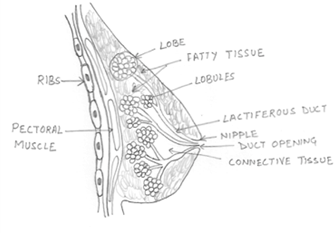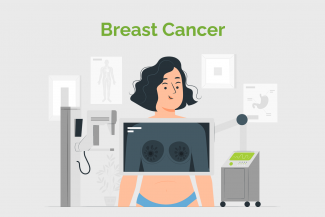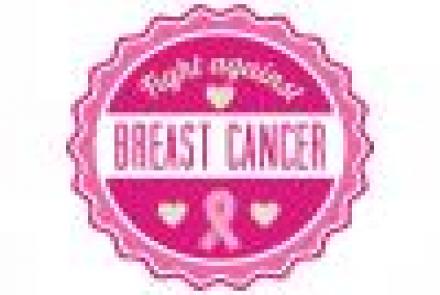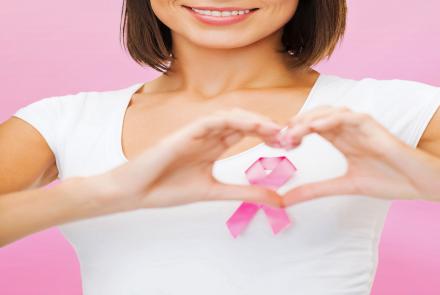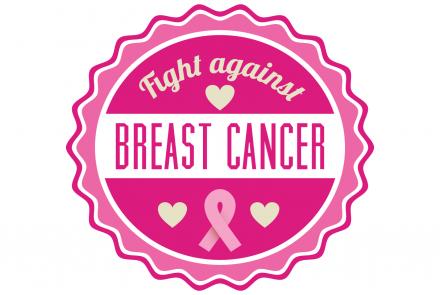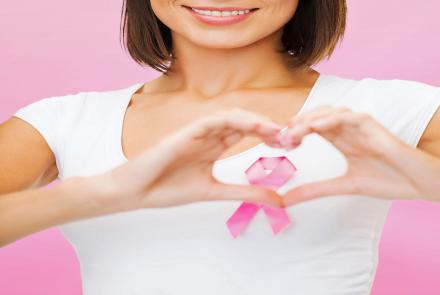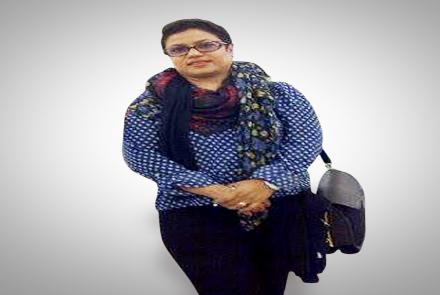
Breast cancer is the most common cancer among women. Globally, breast cancer accounts for 25.4 per cent of all cancers in women. It can occur in men, but these cases are very rare.
Breast cancer originates in the breast tissue, in the inner lining of milk ducts or lobules (milk producing glands) that supply the ducts with milk.
Anatomy of the breast
The breast lies over the chest or pectoral muscles. A tail of breast tissue extends up to the armpit. The breast is made up of fat, breast tissue, connective tissue and ligaments, nerves, blood vessels, lymphatic vessels and lymph nodes. There are about 15-20 lobes. Within the lobes are smaller structures called lobules where milk is produced. The milk travels through tiny tubes called ducts. These ducts connect to a larger duct that opens in the nipple. The darker area of the skin around the nipple is called areola. The areola has many sebaceous glands. Connective tissue and ligaments provide support to the breast and give it shape. Breast tissue has many blood vessels and lymphatic vessels. The breast alters shape and size with age, pregnancy and marked weight change. Many women find that their breasts become more lumpy and tender (painful) before periods.
